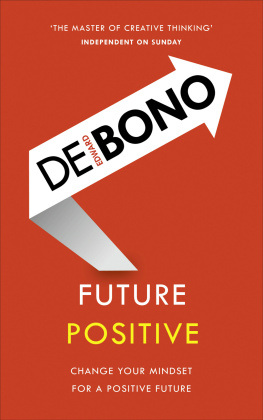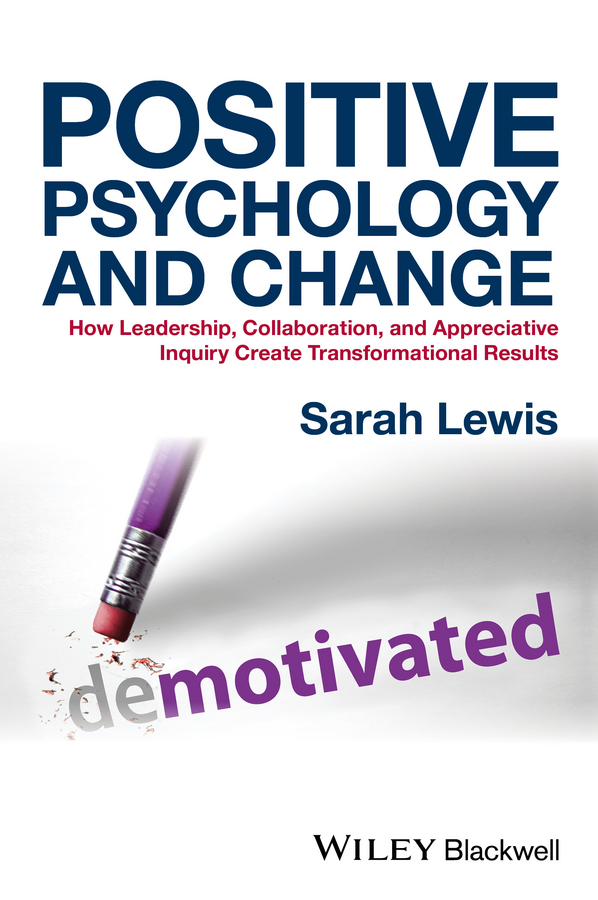
Table of Contents
List of Tables
- Chapter 01
List of Illustrations
- Chapter 06
- Chapter 10
Guide
Pages
Positive Psychology and Change
How Leadership, Collaboration, and Appreciative Inquiry Create Transformational Results
Sarah Lewis
This edition first published 2016
2016 John Wiley & Sons, Ltd
Registered Office
John Wiley & Sons, Ltd, The Atrium, Southern Gate, Chichester, West Sussex, PO19 8SQ, UK
Editorial Offices
350 Main Street, Malden, MA 02148-5020, USA
9600 Garsington Road, Oxford, OX4 2DQ, UK
The Atrium, Southern Gate, Chichester, West Sussex, PO19 8SQ, UK
For details of our global editorial offices, for customer services, and for information about how to apply for permission to reuse the copyright material in this book please see our website at www.wiley.com/wiley-blackwell.
The right of Sarah Lewis to be identified as the author of this work has been asserted in accordance with the UK Copyright, Designs and Patents Act 1988.
All rights reserved. No part of this publication may be reproduced, stored in a retrieval system, or transmitted, in any form or by any means, electronic, mechanical, photocopying, recording or otherwise, except as permitted by the UK Copyright, Designs and Patents Act 1988, without the prior permission of the publisher.
Wiley also publishes its books in a variety of electronic formats. Some content that appears in print may not be available in electronic books.
Designations used by companies to distinguish their products are often claimed as trademarks. All brand names and product names used in this book are trade names, service marks, trademarks or registered trademarks of their respective owners. The publisher is not associated with any product or vendor mentioned in this book.
Limit of Liability/Disclaimer of Warranty: While the publisher and author have used their best efforts in preparing this book, they make no representations or warranties with respect to the accuracy or completeness of the contents of this book and specifically disclaim any implied warranties of merchantability or fitness for a particular purpose. It is sold on the understanding that the publisher is not engaged in rendering professional services and neither the publisher nor the author shall be liable for damages arising herefrom. If professional advice or other expert assistance is required, the services of a competent professional should be sought.
Library of Congress Cataloging-in-Publication data applied for
HB ISBN: 9781118788844
A catalogue record for this book is available from the British Library.
Cover image: Getty/klublu
To Jem, Jordan, and Rhia.
who enrich my life beyond measure
About the Author
Sarah Lewis is a chartered psychologist, an Associated Fellow of the British Psychological Society, and a founder and Principal Member of the Association of Business Psychologists. She holds a masters degree in occupational and organizational psychology, attained with distinction, and a certificate in systemic consultation. She is a specialist Appreciative Inquiry practitioner and an expert at facilitating large group events.
She is the managing director of Appreciating Change and is an experienced organizational consultant and facilitator who has been actively involved in helping people and organizations change their behavior for over 25 years. Her clients include local government, central government, not-for-profit organizations, and private sector clients, particularly in the manufacturing, financial, and educational sectors.
When positive psychology burst onto the scene, Sarah quickly realized that work in this area both chimed with her practice and offered robust theoretical support to Appreciative Inquiry as an approach to organizational change. She integrates these two approaches in her work and is delighted to be able to extend, explore, and share this connection in this book.
Sarah has lectured at postgraduate level and continues to be a regular conference presenter in the United Kingdom and internationally. She writes regularly for publication, is the lead author of Appreciative Inquiry for Change Management: Using AI to Facilitate Organizational Development (2007), and is author of Positive Psychology at Work, published by Wiley-Blackwell in 2011.
Sarahs work can be viewed on her website (
Foreword by David L. Cooperrider
What Will the Future of Organization Development and Change Look Like?
The future is herein this book.
Beginning in the 1980s one could sense it, that is, the urge to create a positive revolution in change. First there were theoretical and conceptual calls questioning the inherently awkward logicor illogicof wanting to rally and inspire people to change by focusing the fields most powerful deficit-analytic tools on a person or systems weaknesses, dysfunctions, and root causes of failure? Really?
Remember, for example, the era in Organization Development (OD) of sophisticated and statistically refined low morale surveys: first would come the documentation on a scale of 1-7 of morale among employees, and then the cascading feedback, endless meetings, and subsequent interventions designed to remove the root causes of usually the lowest levels of morale. It was like attempting to remedy a dark room by focusing on darkness.
Well it never, ever worked to inspire and motivate in the sense that people clearly learned tons about the causes of low moralebecause thats what the diagnostic process set out to documentbut the analysis or search rarely if ever surfaced any kind of substantive (and inspiring) new knowledge, for example, about surprising hot teams or extraordinary times of enterprise flourishing or times when people were so turned on and called by a powerful purpose greater than themselves that they would contribute far beyond their job descriptions. Even if those exceptional moments were fleeting and rare, it still never occurred to the field of OD and change management that layered into the narratives of those positive deviations were the most natural and most consistently powerful cognitive, positive emotional, imaginative, and supercooperative seeds of human system change available. If there were debilitating patterns of problematic dysfunctions and breakdowns in an organization, of what possible use could it possibly be to go off on a tangential search of times of peak performance, positive deviance, or a deep dive analysis into the positive core of all past, present and future capacity in a system? It was as if this materialthis universe of strengths and understanding of history as positive possibilitywas irrelevant and of little use for human system development, change, and elevationary transformation.
Paradigms are like that. They are stubborn. They can blind us. Perhaps that's why we still thrill to it, that is, Einsteins often-quoted words when he said:
No problem can be solved from the same level of consciousness that created it. We must learn to see the world anew.
Albert Einstein
Sarah Lewis, in this volume, not only helps leaders and managers, change agents, and even parents and coaches, to see the world anew but she helps us to see change anew
Next page

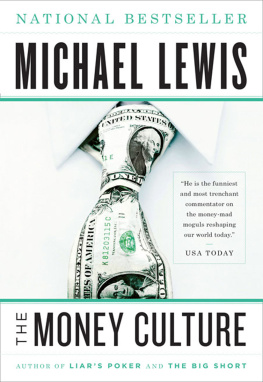
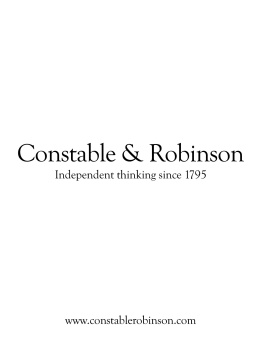





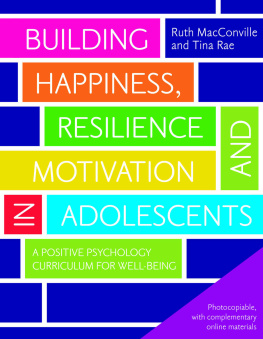

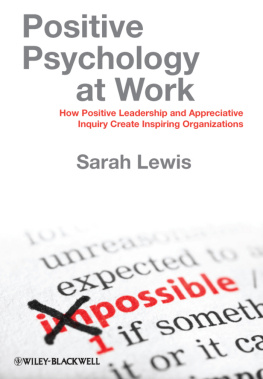

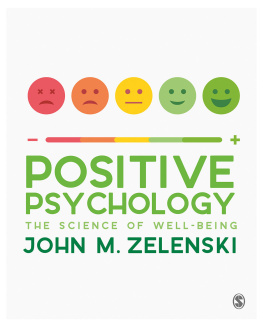

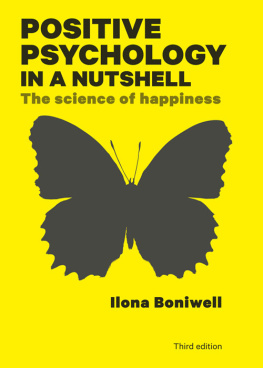
![Sarah Lewis [Sarah Lewis] - Positive Psychology and Change](/uploads/posts/book/124055/thumbs/sarah-lewis-sarah-lewis-positive-psychology-and.jpg)
